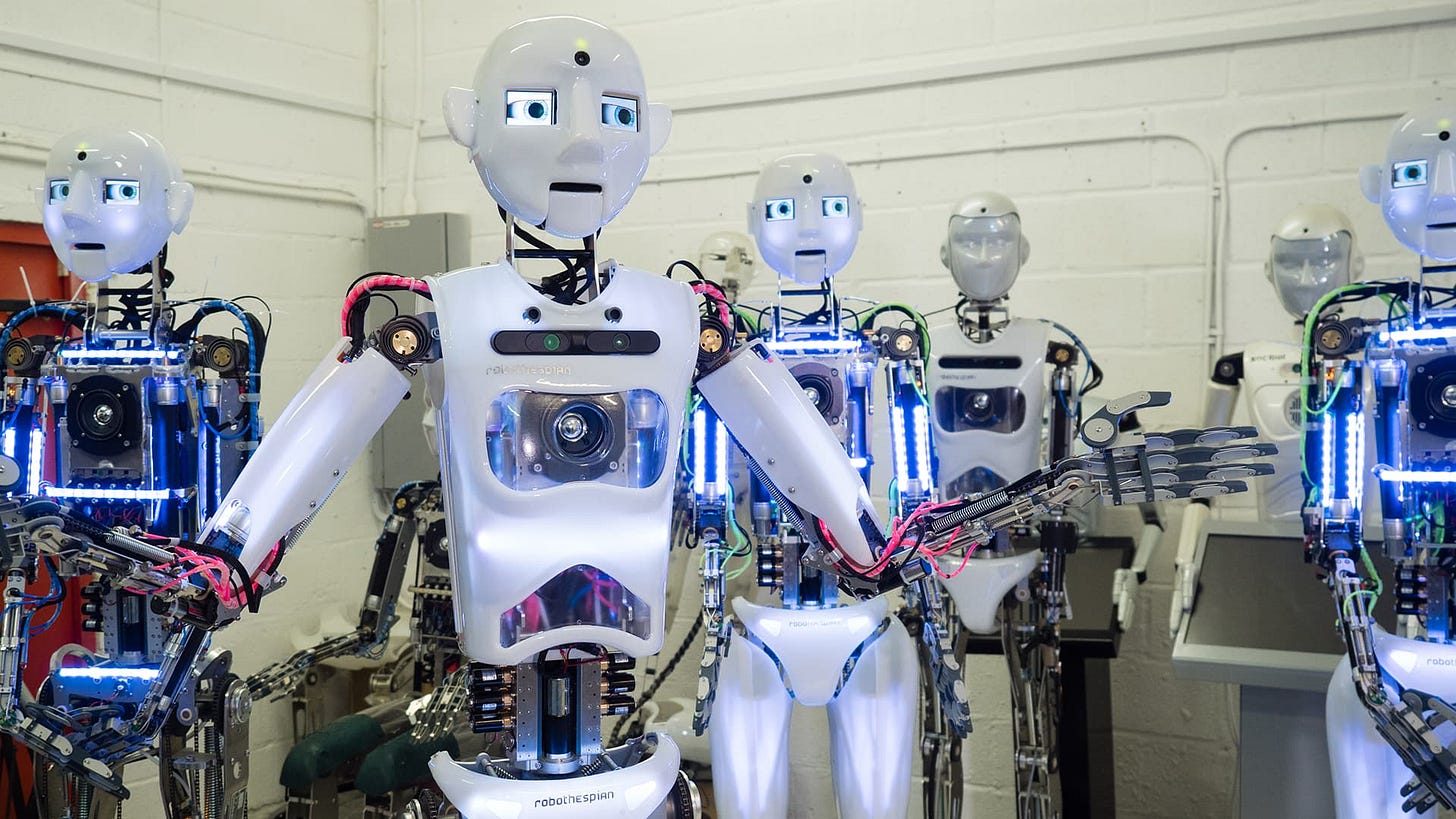Back in ’21 one of the world’s most eminent economists reversed his views about the impact of technology on workers. Previously he had argued that technological innovations that raised productivity would almost surely benefit the great majority of workers. But he now conceded that the latest technological advances, while making society as a whole richer, might well hurt the working class and lead to reduced employment.
What you should know is that when I say “’21” I mean 1821. The economist in question was David Ricardo, who published the first edition of his classic book Principles of Political Economy and Taxation in 1817. The third edition, published in 1821, included a chapter titled “On machinery,” about the early stages of the Industrial Revolution. In that chapter he laid out a theoretical model reflecting what seemed to him to be the defining characteristics of the new factory system, and declared
I am convinced, that the substitution of machinery for human labour, is often very injurious to the interests of the class of labourers.
In the very long run he was clearly too pessimistic. By the late 19th century workers were clearly benefiting massively from the effects of the Industrial Revolution. He may, however, have been right about the early 19th century. I’ll get to that story later in this primer.
For now, my point is that while some people seem to imagine that concerns about the effect of technology on jobs and wages are a novel insight, the truth is that these concerns have been around for two centuries. And not just in economic tracts: Fears that technological progress would cause mass unemployment have been a recurrent theme in speculative fiction. For example, Kurt Vonnegut’s first novel, Player Piano, published in 1952, envisaged a future dystopia in which automation has eliminated work.
So far such predictions have been mostly wrong — but not always, and not for all workers. And it’s at least possible that the technology everyone is calling AI will be the job-killer writers and some economists have feared for generations, although I’m skeptical.
Today’s primer won’t settle the controversies over the impact of AI on jobs. I will, however, try both to offer some historical perspective and to clear up some common confusions about the relationship between technology and employment. Beyond the paywall I will address the following:
1. How technology can and often does destroy jobs in particular industries and occupations
2. Why you can’t extrapolate from examples of sectoral job destruction by technology to make predictions about overall employment
3. When and how technology can hurt overall employment and wages
4. Will AI hurt overall employment and wages?
5. AI and Energy: A Fork in the Road




